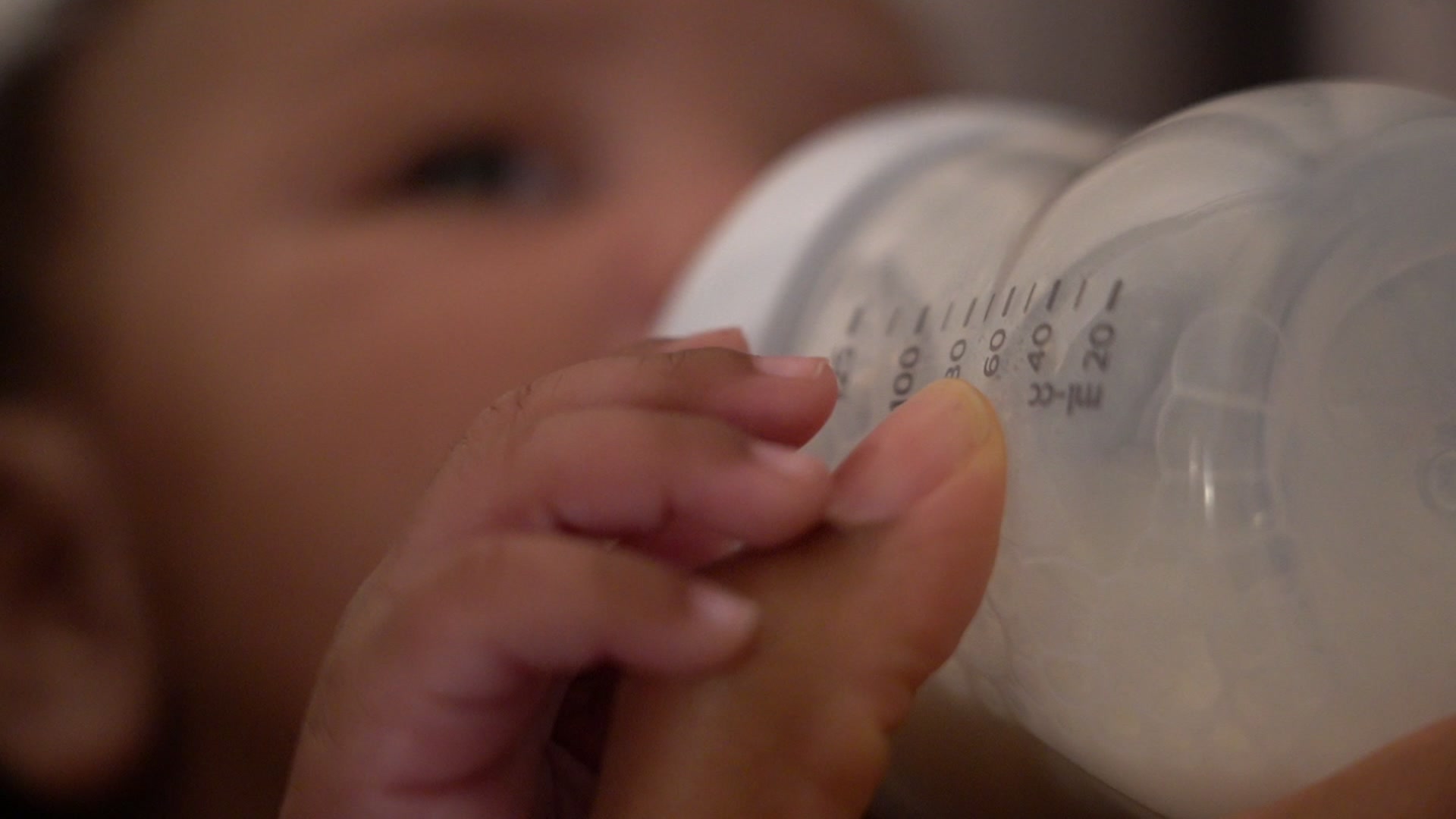Alarmed by the number of mosquitoes found with West Nile virus, Tarrant County's public health director says it's time to consider aerial spraying.
Usually the number of mosquitoes with West Nile virus peaks in early or mid-August.
But this year, in Tarrant County, the spike came around the Fourth of July – five weeks early – and the high rate has continued, said Tarrant County Health Director Vinny Teneja.
"We like to see routine activity," he said. "We don't like early ramp ups in activity because that gives these mosquitoes more time to bite people."
He told county commissioners this week he thinks Tarrant County should consider aerial spraying, like they're doing in Miami, where the first direct transmission of Zika virus is raising alarm.
"I certainly believe we need to look at all options at this point," he said. "Otherwise I wouldn't be talking about it."
Only a few human cases of West Nile virus have been reported in Tarrant County.
Local
The latest news from around North Texas.
At Cook Children's Medical Center, pediatricians like Dr. Justin Smith are on the lookout.
"With most viruses, young children and older adults are at most risk for severe illness," Smith said. "And that's also true for West Nile."
He noted it's still early in the season.
"As we're starting to see more positive tests come up with mosquitoes, we'll keep an eye out on our kids, and those that have flu-like symptoms will be tested more frequently and that will give us an idea of what the season could be like," he said.
Tarrant County hasn't done aerial spraying since 2012.
It can be complicated – each individual city needs to sign off – and can cost around $1 million to spray the entire county.
"The biggest thing obviously is the cost," Teneja said. "It's not an easy task."
- Dress in long sleeves, pants when outside: For extra protection, spray thin clothing with repellent.
- DEET: Make sure this ingredient is in your insect repellent.
- Drain standing water in your yard and neighborhood: Mosquitoes can develop in any water stagnant for more than three days.
It has been recommended in the past that to avoid mosquito bites you should avoid being outdoors during Dusk and Dawn (the 4 Ds). While this is true for mosquitoes that commonly carry the West Nile virus, other types of mosquitoes that are more likely to carry Zika, dengue and chikungunya are active during the day. When outdoors, no matter what time of day, adjust your dress accordingly and wear insect repellent containing DEET, picaridin or oil of lemon eucalyptus as your first line of defense against insect bites.



